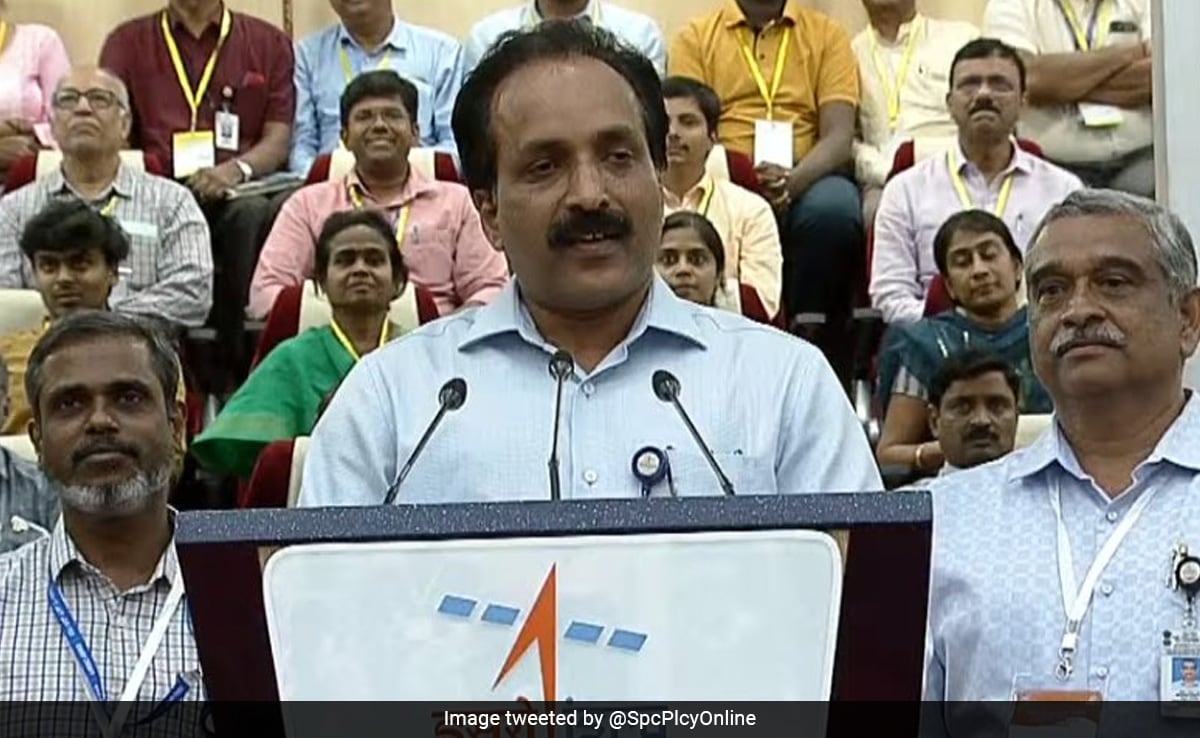ISRO chief S Somanath said the launch of the mission was a "success".
ISRO today successfully launched its maiden X-Ray Polarimeter Satellite, XPoSat, as part of the Polar Satellite Launch Vehicle's (PSLV) C58 mission, marking a significant step forward in the exploration of celestial objects, particularly black holes.
ISRO chief S Somanath said the launch of the mission was a "success".
"On January 1, 2024, yet another successful mission of PSLV has been accomplished. PSLV-C58 has placed the primary satellite - XPoSat - in the intended orbit of 650 km with 6-degree inclination," Mr Somanath said.
"The new year has begun with the launch of the PSLV, and we will have an exciting time ahead. This year has just begun, and we will have many more launches. Besides, 2024 is going to be the year of Mission Gaganyaan," he added.
The 44.4-meter tall PSLV rocket ascended into the sky from the first launch pad in Andhra Pradesh's Sriharikota at 9:10 am. The liftoff was met with thunderous applause from a multitude of spectators who gathered at the spaceport situated 135 km east of Chennai.
The XPoSat has been placed into a 650 Km Low Earth Orbit, poised to embark on its mission to investigate the polarisation of intense X-ray sources in space.
The primary payload of XPoSat includes the POLIX (Polarimeter Instrument in X-Rays) and XSPECT (X-ray Spectroscopy and Timing). POLIX, designed by the Raman Research Institute, is instrumental in measuring polarimetry parameters, while XSPECT, built by the UR Rao Satellite Centre in Bengaluru, focuses on X-ray spectroscopy and timing. The mission is expected to have a lifespan of around five years, providing an extended window for scientific observations and data collection.






Leave a Reply